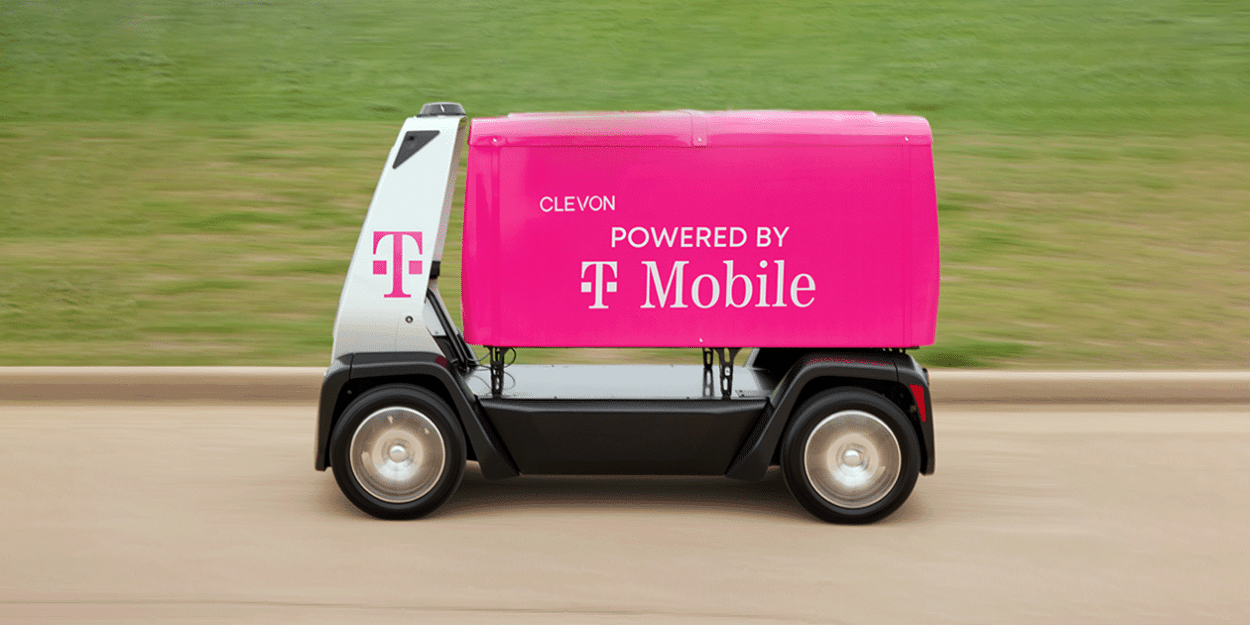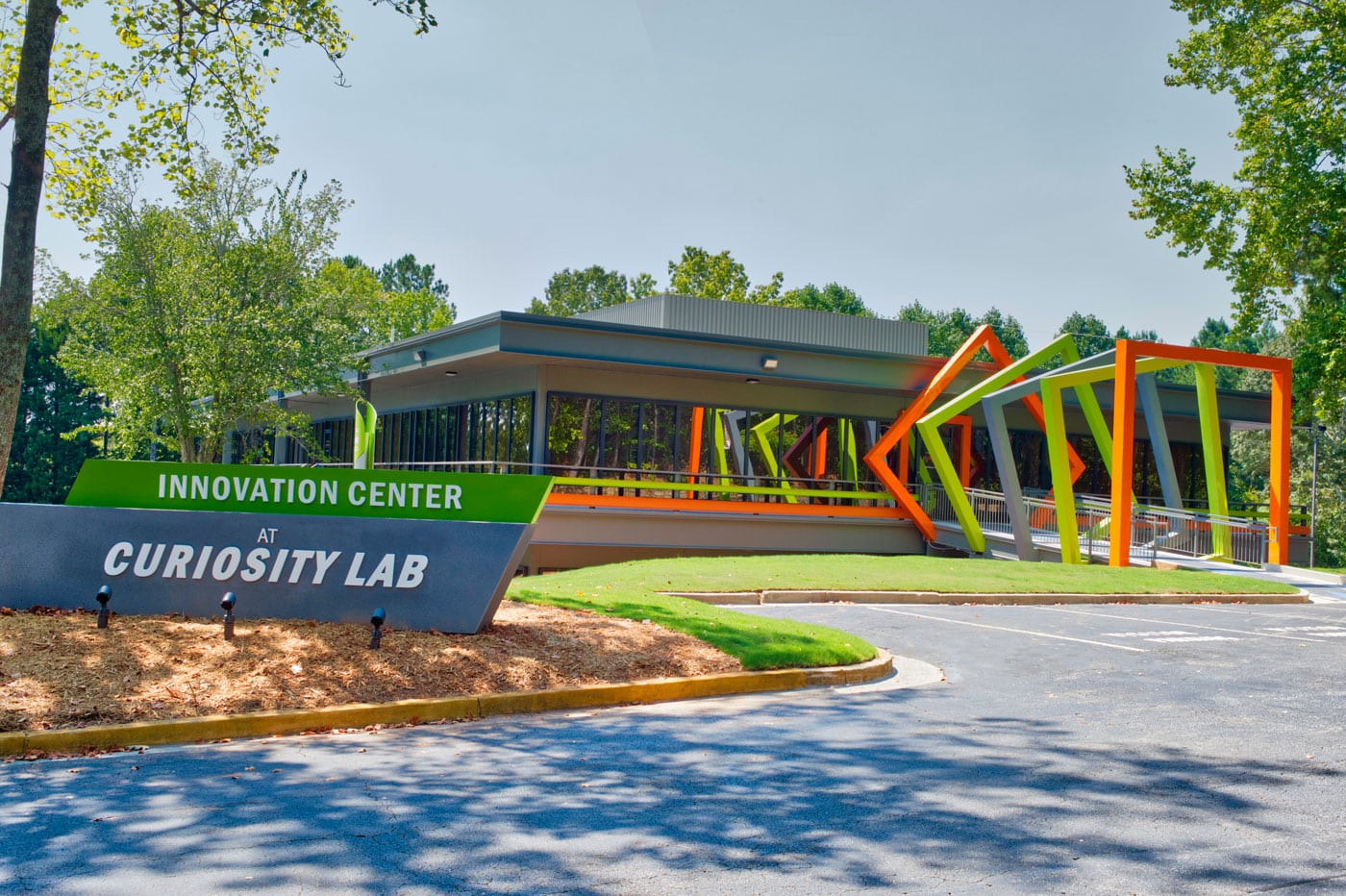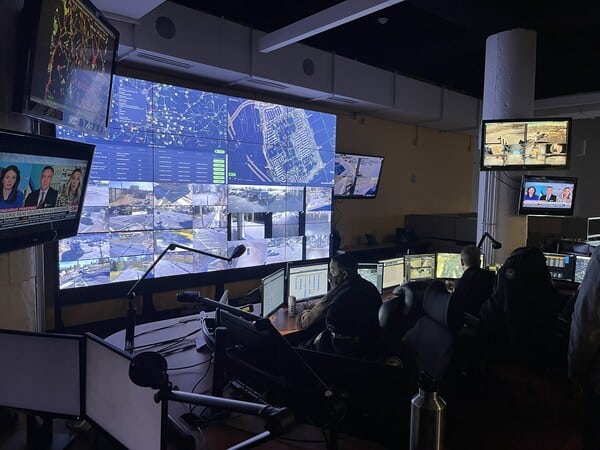Axon, a leader in connected public safety technologies, announced it has acquired Fusus, a pioneer in real-time crime center (RTCC) technology.
This news builds upon a successful strategic partnership launched in May 2022, marking a decisive leap forward in Axon’s mission to Protect Life.
This acquisition also further catalyzes Axon’s growing presence in retail, healthcare, private security and the federal space.
Fusus excels in aggregating live video, data and sensor feeds from virtually any source, enhancing situational awareness and investigative capabilities for public safety, education and commercial customers.
This acquisition provides Axon with technology not currently in its existing network, and facilitates seamless connections to critical data sources such as camera locations and video feeds from both fixed and body worn cameras during incidents.
Fusus’ technology propels Axon’s real-time operations product roadmap, addressing critical challenges faced in public safety.
It empowers law enforcement professionals with location mapping, escalation alerts, livestreaming, real-time and post-incident visibility, allowing swift decision-making, and responsive actions.
“Throughout our long-standing partnership and investment with Fusus, we’ve witnessed the impact of collaboration in achieving remarkable results for law enforcement agencies and the communities they serve,” said Ran Mokady, Axon’s Senior Vice President of Real-Time Operations.
“This acquisition is a significant milestone in our mission to protect life as it further enables law enforcement and emergency teams to better deter and respond to escalating situations,” he added.
“Our collaboration with Axon has helped Fusus raise the bar on how first responders can affect positive outcomes through open and interoperable systems,” said Chris Lindenau, CEO of Fusus.
“As one team with a shared purpose to protect life, we are poised to rapidly expand this vision into the way law enforcement agencies, governments, businesses and schools work together in support of community safety,” he explained.
Real-time crime centers provide public safety with a centralized facility equipped with advanced technology and data analysis tools that enable law enforcement agencies to monitor and respond to incidents in real time.
These centers can integrate various data sources, such as cameras, sensors, social media feeds and other information systems, to provide a comprehensive and immediate view of ongoing criminal activities or emergencies.
Ultimately, by aggregating all of this information into a single pane of glass for public safety, real-time crime centers enhance situational awareness, improve response times and support proactive crime prevention efforts by leveraging up-to-the-minute information and analytics.
To learn more about how real-time crime centers can increase safety in any environment, see Axon’s latest blog post.
“Real-time crime centers serve as indispensable assets for agencies, offering unparalleled insight and actionable intelligence in one open and unified platform,” said Marshall Freeman, Deputy Chief Administrative Officer for the Atlanta Police Department.
Just like Axon, Fusus and its products are built from the ground up with an explicit focus on ethical and equitable design.
As a joint organization and in partnership with Axon’s Ethics and Equity Advisory Council (EEAC), they will continue their relentless commitment to build solutions that make the right things easier and the wrong things harder, every day.
The terms of the transaction were not disclosed. Axon was advised by Morgan, Lewis & Bockius LLP and Fusus was advised by Willkie Farr & Gallagher LLP in connection with the transaction.




























